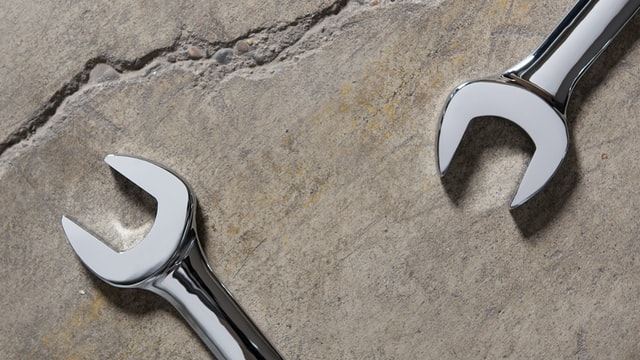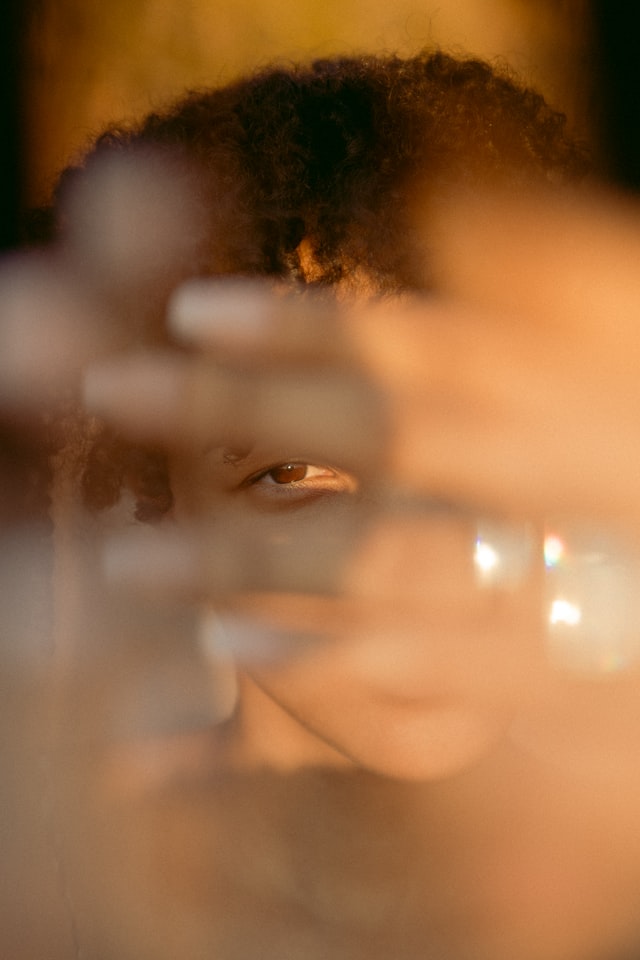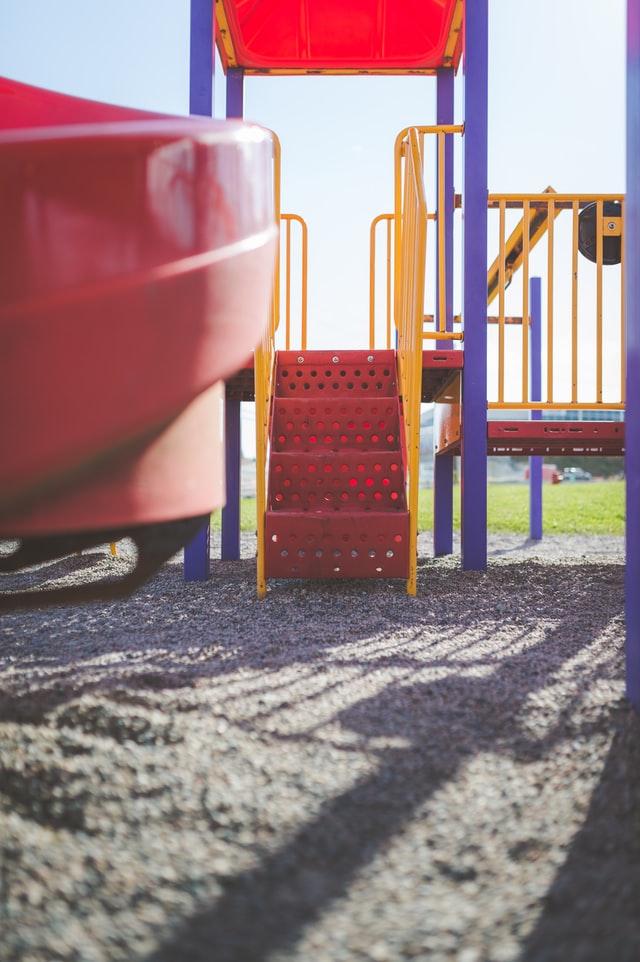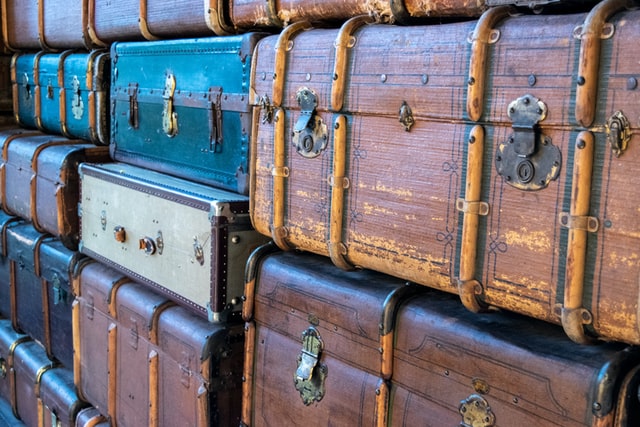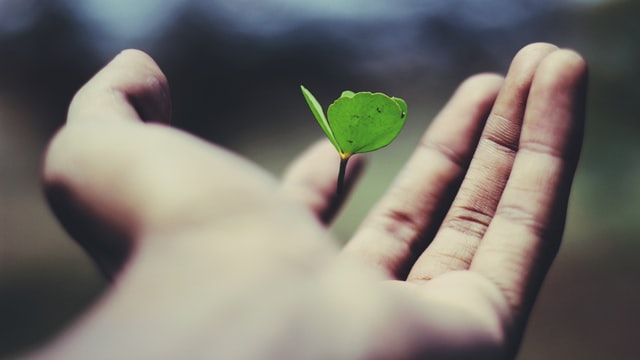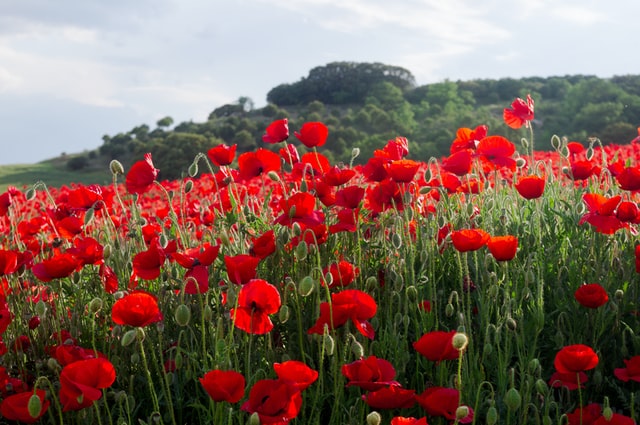I can’t remember a time where I didn’t live with daily suicidal thoughts. I first attempted when I was just six years old; more attempts came as a teenager, as well as additional suicidal behavior as an adult. Still, I managed to talk my way out of any psychiatric admissions until much later in my life. At age 44 I found myself in my first psych ward, in desperate need of help. That stay resulted in my first round of ECT treatments – electro-convulsive therapy. I stabilized for a few months, and then my depression returned.
Over a three-year period I was hospitalized over a dozen times (in four different facilities), participated in four partial hospitalizations, underwent 37 ECT treatments, and tried a number of different psychiatric medications. During a stay in 2018 I was introduced to the Wellness Recovery Action Plan – WRAP.
WRAP was developed in 1997 by a group of individuals in Vermont with serious mental illness, including Mary Ellen Copeland, who were interested in creating a tool to help them feel better and get on with their lives. It is a document that individuals can use to create a plan for themselves to live a healthier life. Patients answer questions for themselves, like:
- What do I look like when I’m well?
- What daily actions can I take to maintain wellness?
- What are my triggers, and how can I handle them?
- What are my early warning signs that things are worsening, and what should I do?
- How do I know things are getting bad, and what can I do?
- What does crisis look like for me, and what can I do? What do I want others to do for me?
During that stay I thoughtfully recorded my answers for my WRAP. Most the social workers and nurses during previous stays had emphasized what to do in crisis, but this process was different. It gave me a road map of what I look like as things begin to unravel, and how I could respond.
I had other tools too – Dialectical Behavioral Therapy (DBT), individual therapy, medications, and support groups. But I became much more stable when I took the WRAP seriously.
Last spring I wasn’t doing well and for the first time in over three years, I landed in the hospital yet again. My WRAP does not necessarily keep me well, but it did help me tell the truth to my providers when things deteriorated. That may have saved my life.
A rusted tool doesn’t work as well as a clean and shiny one, so I’m currently updating my WRAP. I usually do it every fall, but I didn’t last year. This made it harder to make decisions when I was in crisis. I don’t think clearly when I’m suicidal or hallucinating. I need to think through what I want before the crisis happens. I keep a copy of my crisis plan available for my husband, so if I do need some kind of intervention, he can provide direction to my providers.
Before I was hospitalized, I never knew about WRAP, but now you know too. If you want more information, go to the Wellness Recovery Action Plan website at: https://www.wellnessrecoveryactionplan.com/
